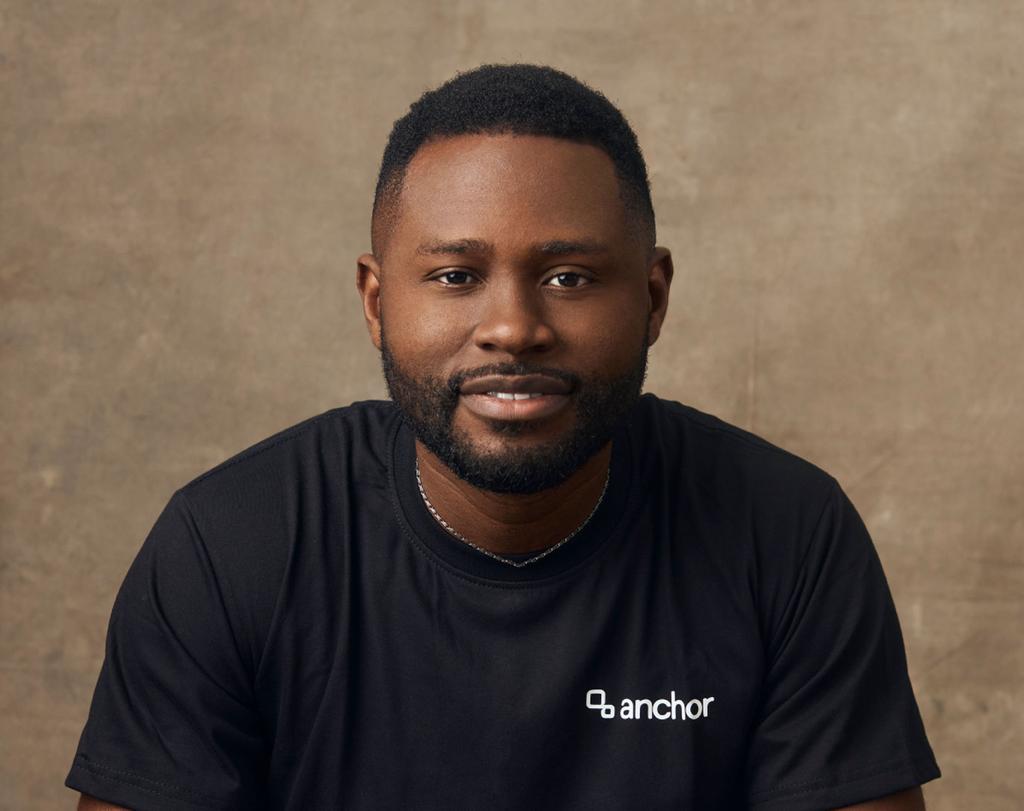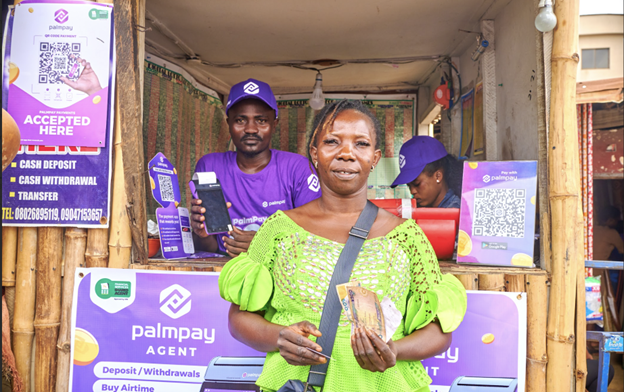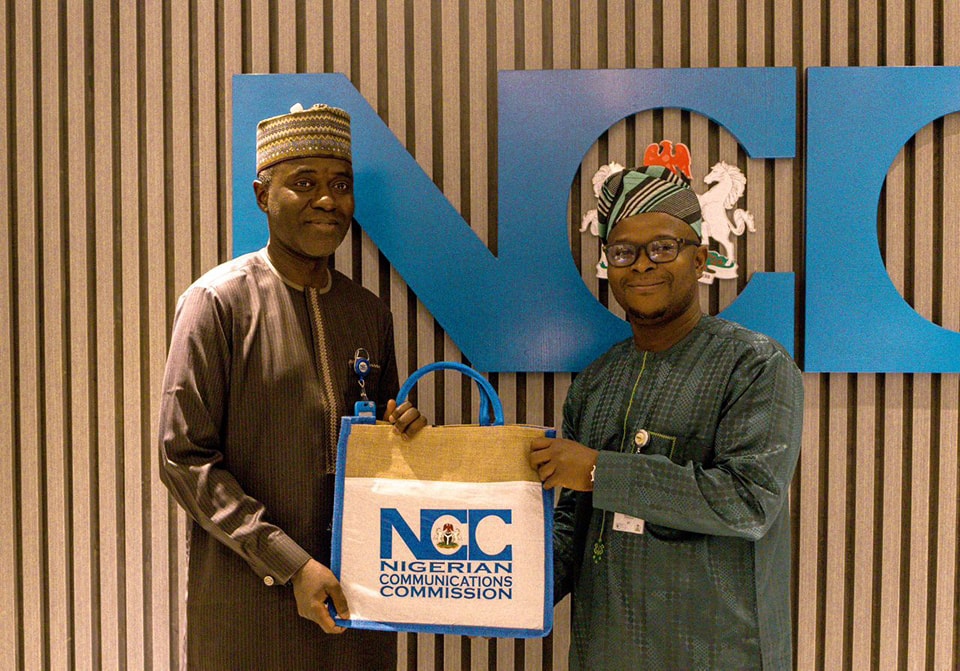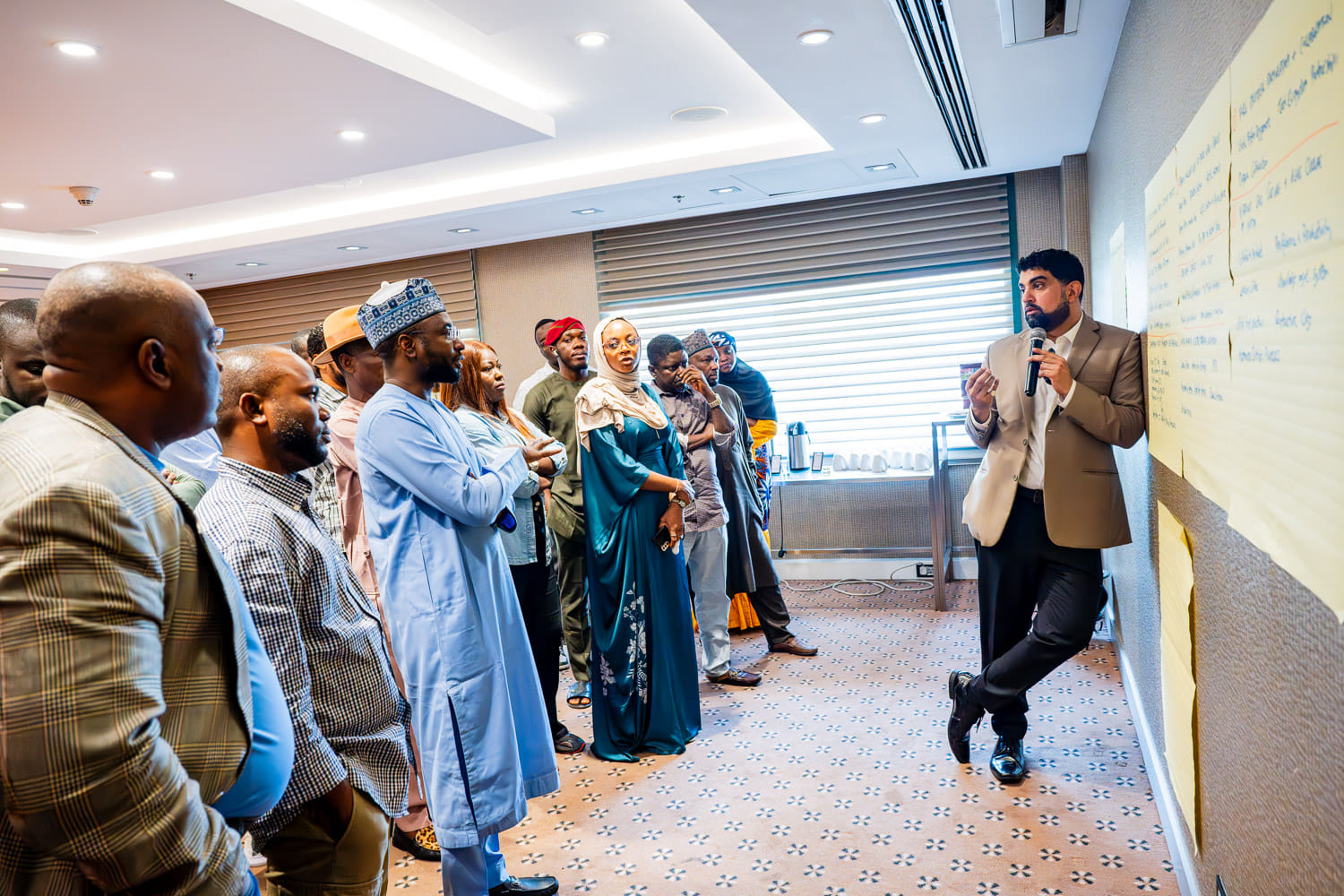Anchor (https://getAnchor.co/), a banking-as-a-service (BaaS) platform making it possible to seamlessly build financial products in Africa announces its public beta launch. The startup was also accepted into Y Combinator Summer 2022 Batch as the first African BaaS and embedded finance platform.
In recent years, there have been several reports about the size of the Africa financial inclusion opportunity (https://bit.ly/3pXguv2), particularly in reference to the provision of digital financial services.
These reports have brought about a spike in the number of companies and amount of investment activities in the fintech space in Africa. Yet, two things stand out; the minimal impact on financial inclusion, and the persisting difficulty in building and launching a fintech company on the continent.
For context, financial exclusion in Nigeria decreased by only one percent, from 37% in 2018 to 36% in 2020. Also, today, across Africa it takes an average of $500,000 and 18 months to build and go-to market with financial products. This is because companies need to go through the hurdles of rigorous licensing and compliance processes, multiple integration layers, complex banking and third-party relationships, and invest in complicated core-banking infrastructure.
Anchor (https://getAnchor.co/) is launching its public beta API infrastructure to make it easier for African businesses to build, embed and launch financial products, starting in its first market, Nigeria.
Founded by Segun Adeyemi, ex-CEO of Amplifypay, Olamide Sobowale and Gbekeloluwa Olufotebi, Anchor provides API for offering accounts, money movement, savings and card products.
“We built Anchor to abstract away the complexities in building financial products, so businesses can get started in five minutes with a few lines of code”, says Anchor’s CEO, Segun Adeyemi.
We built Anchor to abstract away the complexities in building financial products, so businesses can get started in five minutes with a few lines of code
In May, Anchor released its private beta working with innovative start-ups like Outpost Health, Dillali, and Pivo. The BaaS platform has transacted millions, growing over 200% MoM, and is now set to launch its public beta (https://getAnchor.co/) for African businesses to embed finance into their offerings and for fintechs to build banking products. Already, the company has more than 40 other startups on its waitlist.
Anchor has raised over $1 million in pre-seed funding from Byld Ventures, Y Combinator, Luno Expeditions, Niche Capital, Mountain Peak Capital, and a host of angel investors including Emmanuel Okeleji (CEO, SeamlessHR), Ado Oseragbaje, Yinka Odeleye, and Sanmi Famuyide.
According to Ashutosh Desai, a Partner at Y Combinator, “Anchor’s embedded finance platform enables technology companies in Africa to build products that can rapidly expand access and improve quality of financial services. We’re excited to back Segun, Olamide, and Gbeke – a highly technical and experienced team – in building financial infrastructure that’s essential for Africa’s economic growth.”
“I believe BaaS will play a prominent role in the distribution of financial services in Africa. As a full stack baas provider, Anchor demarcates customer engagement from infrastructure – enabling its customers to focus on building differentiation as opposed to commodity infrastructure. We are really excited to be working with this determined and experienced team”, Founder of Byld Ventures, Youcef Oudjidane.
Anchor is a solution birthed by the insights garnered from the founders’ experience building and working with fintechs across Africa. The CEO, Segun Adeyemi founded Amplifypay; a payments company which he exited to Carbon (FKA OneFi/Paylater) in 2019. Segun proceeded to work with JUMO—a company that offers credit infrastructure to large mobile money operators across Africa.
Olamide, the CTO and co-founder, has worked at AppZone, TeamApt, Kuda, & Carbon. While at TeamApt he functioned as a Fullstack Engineer in the team that built the first virtual payments product in Nigeria. Gbeke, the Engineering Lead and co-founder, has been an IT Consultant and entrepreneur in Nigeria for over 10 years before joining Booking.com where he built financial operations software.
“We have seen first-hand the painful process of closing banking partnerships, negotiating third-party contracts, and obtaining regulatory approvals. And more generally, the extensive time and effort required to launch financial products,” Segun said.
He added that “considering the similarity in the underlying infrastructure, irrespective of the unique value propositions, companies should not have to wait for years and spend millions to go-to-market. That’s why we are excited to get Anchor into the hands of many more businesses via our public beta launch.”
















